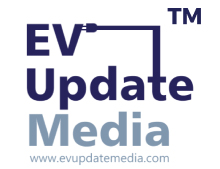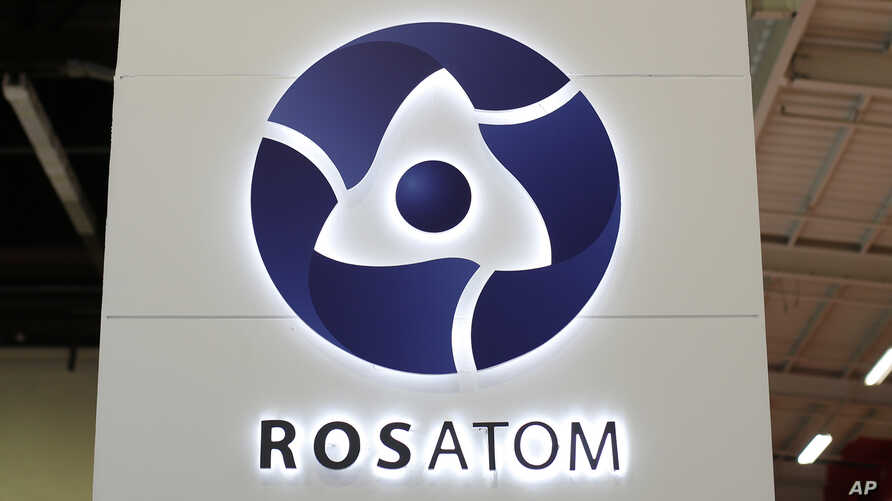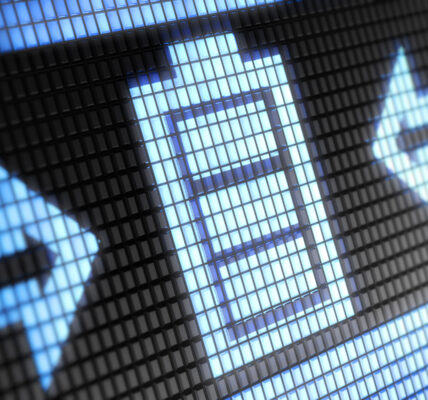Russian state-owned mining group Uranium One Inc. plans to begin producing lithium in 2023 and to capture as much as 9% to 10% of the global market by 2030, the head of the country’s nuclear fuel distributor said in an interview.
“We are considering the acquisition of raw material assets overseas to integrate into global supply chains for final products such as batteries with localized production in Russia,” said Sergey Polgorodnik, general director of Joint Stock Co. TENEX.
By 2025, the group aims to control 3.5% of the global lithium market, according to Polgorodnik. The alkali metal is a crucial component of batteries for electric vehicles and energy storage.
“[The] more moderate announced target of taking up to 3.5% [of the] global lithium market is quite feasible for [Atomic Energy Power Corp., or AEPC], we think, while the 9-10% milestone by 2030 will require consistency in strategies and favorable M&A opportunities,” S&P Global Ratings Associate Director Sergei Gorin said. AEPC unites Russia’s civil nuclear assets, including Uranium One.
Demand for lithium will more than quadruple by 2030, according to Polgorodnik. “There is intense competition at the moment for high-quality lithium deposits across the world; this is a critical link in the production cycle.”
“We are considering the acquisition of mining assets in Africa,” Polgorodnik said. “There are all the conditions for a quick start: high-quality raw materials, long-term licenses and an existing portfolio of off-take contracts.”
“We plan to conclude a number of contracts by the end of next year,” Polgorodnik added.
Development of lithium production was included in the Russian government’s road map on new technologies presented in April, Gorin noted. “We consider AEPC to be financially strong on its own with minimal financial debt currently, which means the company is able to process rather sizable acquisitions using internal funding sources,” Gorin said.
“Russia is not a large [electric vehicle] market, so the benefits from localizing battery production could be limited,” Market Intelligence analyst Alice Yu said. “Africa only accounted for 0.9% of global lithium raw material production in 2019,” according to Market Intelligence data, the analyst said.
In early September, lithium was among four minerals added to the EU’s list of 30 critical raw materials, which underpin its plans to become “climate neutral” by 2050.
Europe will require up to 18 times more lithium by 2030 and up to 60 times more by 2050 for electric car batteries and energy storage alone, European Commission Vice President Maroš Šefčovič said during a press conference.
In October 2019, Uranium One signed a memorandum of understanding with Toronto-listed Wealth Minerals Ltd. that included an option to acquire an interest of up to 51% in the company’s Atacama lithium project in northern Chile. According to the agreement, Uranium One could sign an off-take contract for all of the project’s output.
Rosatom’s 2018 annual report, the most recent available, lists the Zavitinskoye lithium deposit in southeastern Siberia under its greenfield mining projects.








